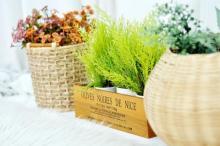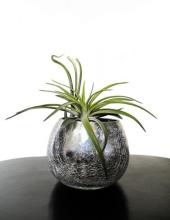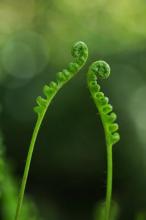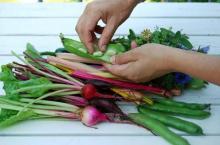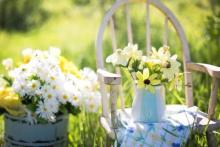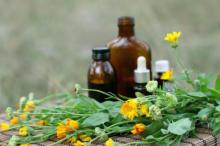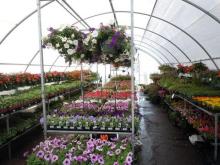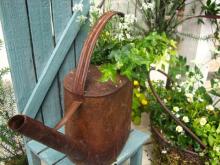5 Houseplants that Improve Air Quality
Most people believe smog, or air pollution, is only outdoors, but it actually infiltrates homes and offices all the time. The best way to combat it? Get some air-purifying plants. According to a study done in 2009 by the American Society for Horticultural Science, certain houseplants can help cut indoor smog, which is important, considering 80 to 90 percent of people in industrialized countries spend their time indoors. Want to make sure you're not breathing in smog-filled air?

